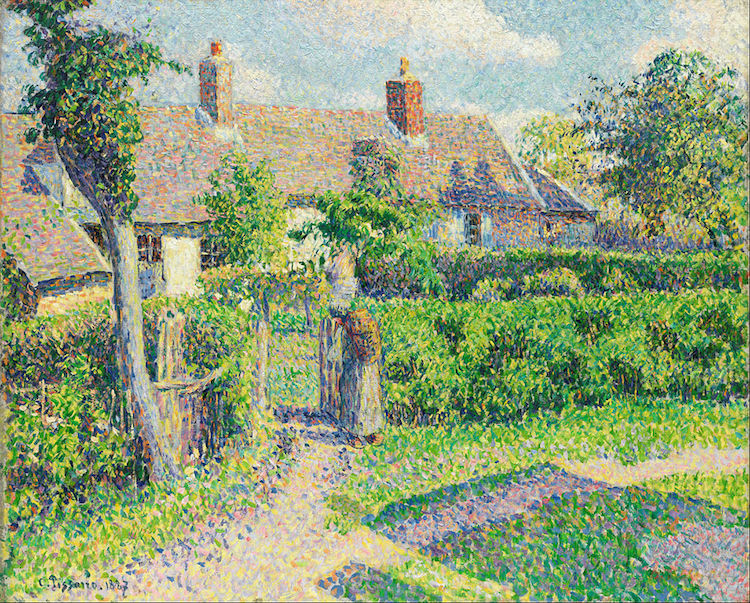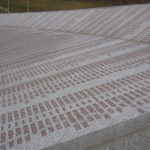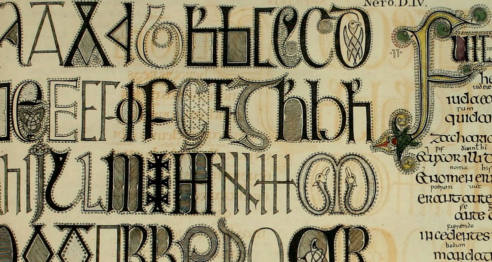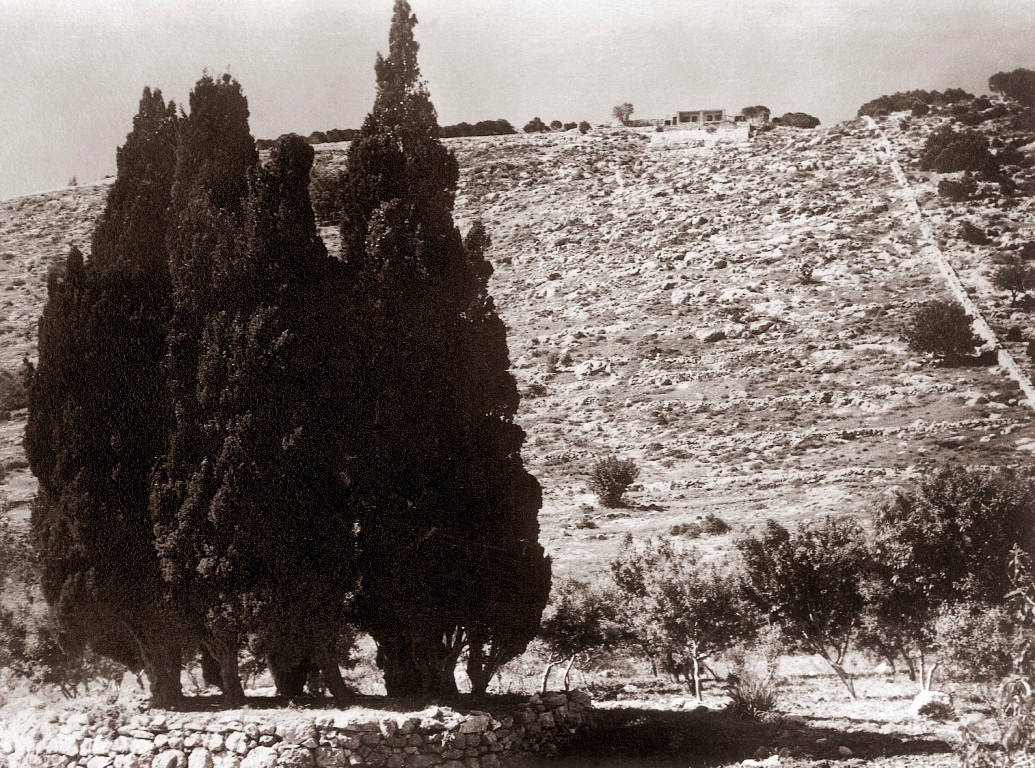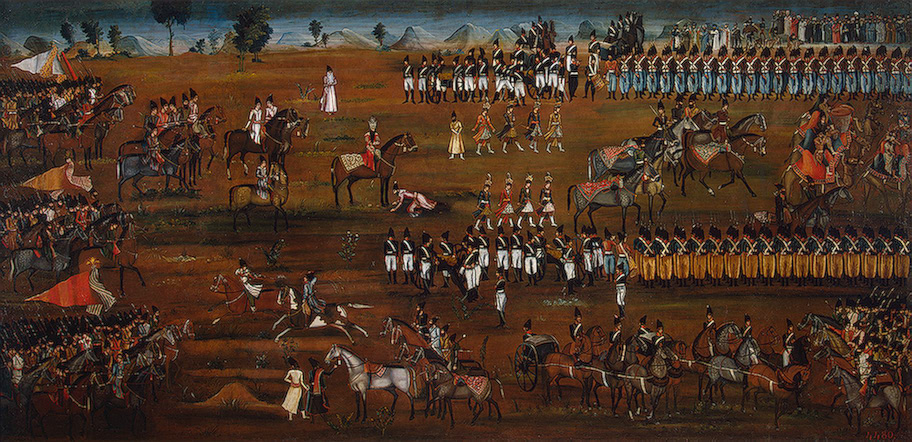
The Nature of the Soul Doesn’t Change But Everything Else Does
 One of the most poignant speeches by a political leader is that of Robert Kennedy given in Indianapolis in 1968, the night that Martin Luther King was assassinated. Robert Kennedy was himself assassinated 63 days later.
One of the most poignant speeches by a political leader is that of Robert Kennedy given in Indianapolis in 1968, the night that Martin Luther King was assassinated. Robert Kennedy was himself assassinated 63 days later.
As Robert Kennedy spoke, he recalled his own loss of his brother and the words of an Ancient Greek poet, Aeschylus.
Even in our sleep, pain which cannot forget falls drop by drop upon the heart, until, in our own despair, against our will, comes wisdom through the awful grace of God.
Here is evidence, if we need it, that the nature of the soul has not changed – even after the passage of millennia.
For this reason the essential spiritual teachings of ancient religious texts still speak to us, still heal, still fulfil. For this reason, texts such as the Bhagavad Gita and the Gospels, although arising from different cultural contexts convey many of the same insights. In the Hidden Words, Baha’u’llah draws from that spiritual heritage and distils the truths of the human soul in brief passages. At the same time, he affirms their truth.
But although the nature of the soul has not changed, everything else does. And with that change it becomes increasingly difficult to make sense of social teachings that are inapplicable to modern circumstances.
In the Gospels, in response to a question as to why his disciplines did not fast, Jesus responded in part with a parable:
No one sews a patch of unshrunk cloth on an old garment. If he does, the new piece will pull away from the old, and a worse tear will result. And no one pours new wine into old wineskins. If he does, the wine will burst the skins, and both the wine and the wineskins will be ruined. Instead, new wine is poured into new wineskins.” [Mark 2:21:22]
Immediately after this parable comes the story of Jesus’ power over the law of the sabbath. What Jesus determined to be the needs of the time took precedence, in gospel teachings, over the laws received from the past.
The message is clear enough – a new time requires a new framework suited to it.
The concepts outlined above are sometimes captured in the idea in the Baha’i Faith that spiritual teachings remain the same, but social teachings of religion change according to the needs of the time.
Thus in response to a question Bahá’u’lláh wrote:
As to thy question concerning the heavenly Scriptures: The All-Knowing Physician hath His finger on the pulse of mankind. He perceiveth the disease, and prescribeth, in His unerring wisdom, the remedy. Every age hath its own problem, and every soul its particular aspiration. The remedy the world needeth in its present-day afflictions can never be the same as that which a subsequent age may require. Be anxiously concerned with the needs of the age ye live in, and centre your deliberations on its exigencies and requirements.[1]
Abdu’l Baha wrote on this topic also, underlining both the essential oneness of religion and the oneness of its founders — outlining however, its evolving character. We may note also the organic model of religion that is presented.
Our meaning is this: the religion of God is one, and it is the educator of humankind, but still, it needs must be made new. When thou dost plant a tree, its height increaseth day by day. It putteth forth blossoms and leaves and luscious fruits. But after a long time, it doth grow old, yielding no fruitage any more. Then doth the Husbandman of Truth take up the seed from that same tree, and plant it in a pure soil; and lo, there standeth the first tree, even as it was before.
Note thou carefully that in this world of being, all things must ever be made new. Look at the material world about thee, see how it hath now been renewed. The thoughts have changed, the ways of life have been revised, the sciences and arts show a new vigor, discoveries and inventions are new, perceptions are new. How then could such a vital power as religion—the guarantor of mankind’s great advances, the very means of attaining everlasting life, the fosterer of infinite excellence, the light of both worlds—not be made new? This would be incompatible with the grace and loving-kindness of the Lord.
Religion, moreover, is not a series of beliefs, a set of customs; religion is the teachings of the Lord God, teachings which constitute the very life of humankind, which urge high thoughts upon the mind, refine the character, and lay the groundwork for man’s everlasting honor.
Note thou: could these fevers in the world of the mind, these fires of war and hate, of resentment and malice among the nations, this aggression of peoples against peoples, which have destroyed the tranquillity of the whole world ever be made to abate, except through the living waters of the teachings of God? No, never!
And this is clear: a power above and beyond the powers of nature must needs be brought to bear, to change this black darkness into light, and these hatreds and resentments, grudges and spites, these endless wrangles and wars, into fellowship and love amongst all the peoples of the earth. This power is none other than the breathings of the Holy Spirit and the mighty inflow of the Word of God.[2]
(This article is the 83rd in a series of what I hope will be 200 articles in 200 days for the 200th anniversary of the birth of Bahá’u’lláh. The anniversary is being celebrated around the world on 21 and 22 October 2017, The articles are simply my personal reflections on Bahá’u’lláh’s life and work. Any errors or inadequacies in these articles are solely my responsibility.)
Image Credits: By Alanzon (Own work) [CC BY-SA 3.0 (http://creativecommons.org/licenses/by-sa/3.0)], via Wikimedia Commons https://commons.wikimedia.org/wiki/File%3ASapling_on_a_stub.jpg

